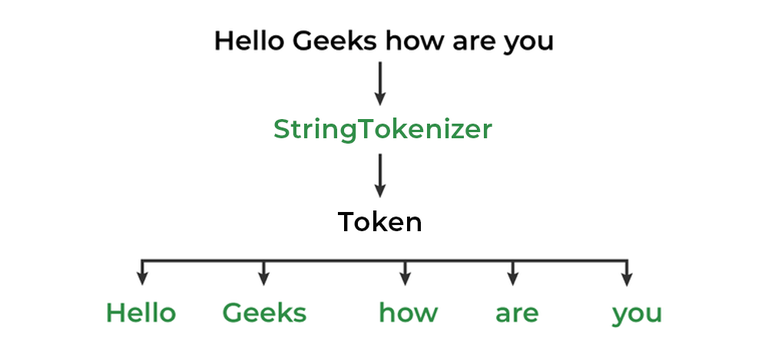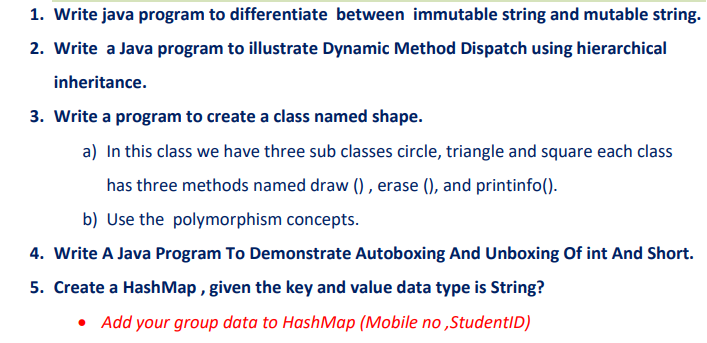What Is Unalterable Strings and How It Works
In the realm of shows, recognizing the concept of unalterable strings is vital for developing protected and robust applications. Immutable strings describe strings that can not be modified after they are created, guaranteeing information honesty and predictability within the code. This fundamental concept plays a vital role in various programming languages and provides an unique approach to taking care of information. By discovering the intricacies of how immutable strings operate, one can reveal a globe of benefits and possibilities that can elevate the quality and efficiency of software advancement.
The Fundamentals of Unalterable Strings
Immutable strings, as an essential principle in shows, are character series that can not be transformed once they are created. This means that as soon as a string is assigned a value, that worth can not be changed. In languages like Python and Java, strings are unalterable items, leading to various ramifications in terms of memory administration and data stability.
One of the vital advantages of unalterable strings is that they provide a complacency in data manipulation. Given that the content of an unalterable string can not be changed, it guarantees that the initial information stays intact, minimizing the threat of unintended adjustments during program implementation (Why are strings immutable in Java?). This building likewise simplifies debugging processes, as developers can trust that as soon as a string is specified, its value will not be accidentally altered
When a brand-new string is produced based on an existing one, instead than modifying the initial string, the brand-new worth is kept individually. On the whole, understanding the fundamentals of unalterable strings is crucial for understanding shows principles and optimizing code effectiveness.
Advantages of Immutable Strings
Structure upon the security and efficiency advantages of unalterable strings, their benefits reach enhancing code reliability and simplifying concurrent shows jobs. By being immutable, strings can not be modified after production, which eliminates the risk of unintended adjustments in the data they store. This intrinsic immutability makes sure that as soon as a string is developed, its value remains constant throughout the program's execution, reducing the chances of pests caused by unanticipated changes.
Additionally, unalterable strings add to code dependability by making it less complicated to reason regarding the state of a program. Considering that strings can not be changed, designers can rely on that a string will always hold the very same value, streamlining debugging and upkeep initiatives. This predictability causes extra reputable and secure codebases.

Execution in Programming Languages
Within various programs languages, the unification of immutable strings is a fundamental facet that affects exactly how visit site information is dealt with and adjusted within code structures. The execution of unalterable strings differs across various programming languages, with each language using its very own mechanisms to sustain this concept.

On the other hand, languages like C and C++ do not have integrated support for unalterable strings. Designers in these languages must by hand execute immutability by applying policies within their code to stop straight modifications to string items.
Ideal Practices for Dealing With Immutable Strings
When taking care of unalterable strings in programming languages like Java and Python, sticking to best methods makes certain safe and secure and reliable information manipulation. One of the crucial best practices is to utilize StringBuilder or StringBuffer as opposed to straight manipulating strings, particularly when managing considerable concatenation operations. These classes supply mutable options for string control, helping to avoid unneeded memory allocations and improving browse around these guys performance.
One more ideal practice is to utilize string interpolation or format functions provided by the language rather than manual concatenation. This not only boosts readability yet also aids in stopping typical challenges such as unintentional string adjustments. In addition, when working with sensitive data such as passwords or API keys, it is crucial to avoid keeping them as plain message in unalterable strings. Using safe storage space devices like char ranges or specialized libraries for handling delicate information aids mitigate safety and security risks connected with immutable strings.
Real-world Applications and Instances
Discovering sensible executions of immutable strings in different markets reveals their significant influence on data stability and more information system reliability. In the medical care market, immutable strings play a critical role in making certain the safety and discretion of individual data. By stopping unauthorized alterations to sensitive info such as medical documents and prescriptions, unalterable strings help preserve compliance with rigorous privacy regulations like HIPAA.
Banks additionally benefit from the unalterable nature of strings to improve the protection of consumer information and transaction documents. Immutable strings help prevent fraudulence and unapproved alterations to economic details, offering a robust protection against cyber dangers and making sure the count on and self-confidence of customers.

Verdict
Finest methods for working with immutable strings include preventing direct alterations and utilizing approaches that return brand-new string objects. Real-world applications of immutable strings include information security, caching, and string adjustment jobs.
Immutable strings refer to strings that can not be changed after they are produced, making certain data stability and predictability within the code. When a brand-new string is developed based on an existing one, instead than changing the initial string, the brand-new value is kept individually.In languages like Java and Python, strings are immutable by default, meaning that when a string object is created, its value can not be transformed - Why are strings immutable in Java?. Finest techniques for functioning with unalterable strings include avoiding direct modifications and making use of approaches that return new string things. Real-world applications of immutable strings consist of information security, caching, and string control jobs
Comments on “Why Are Strings Immutable in Java? Vital Understanding for Developers”